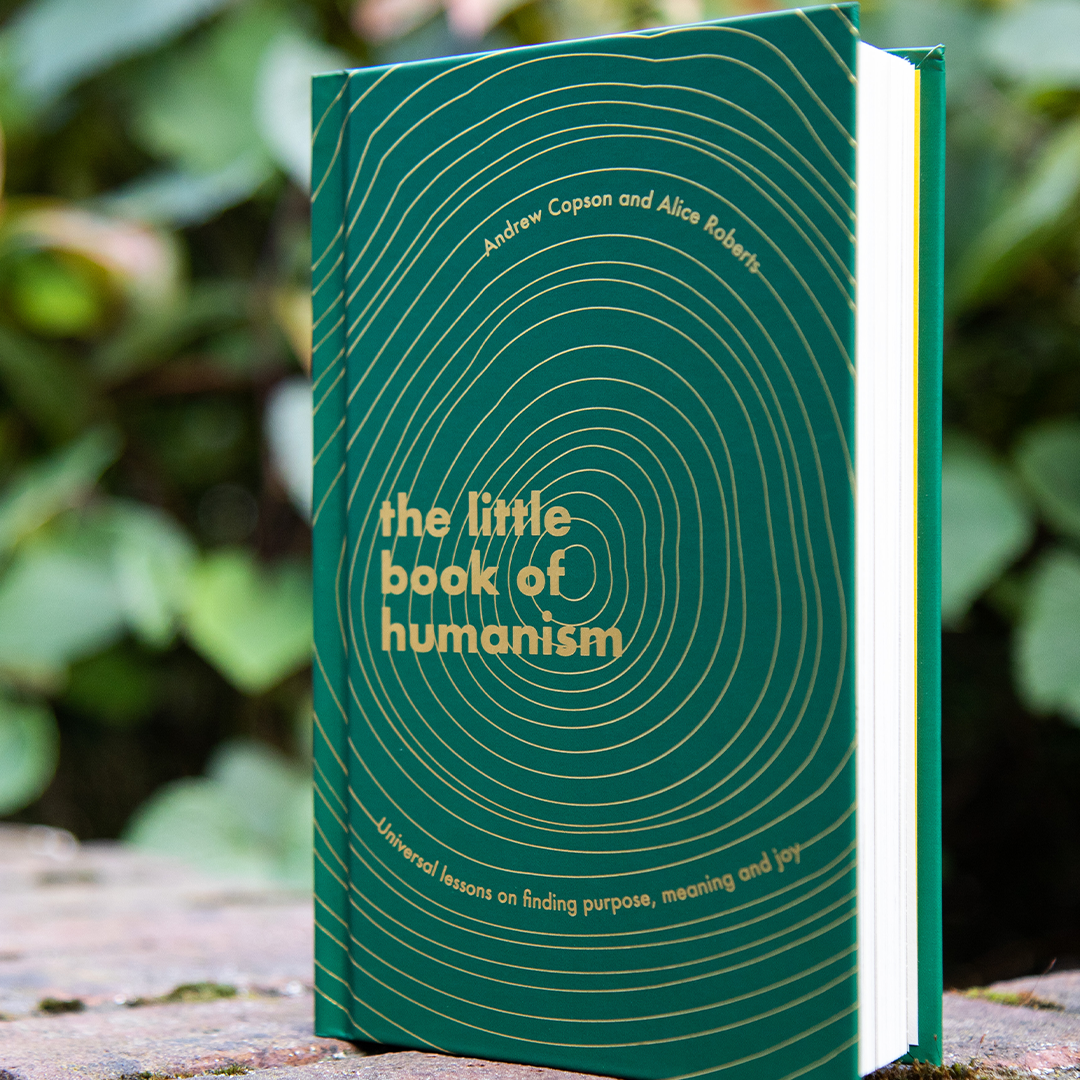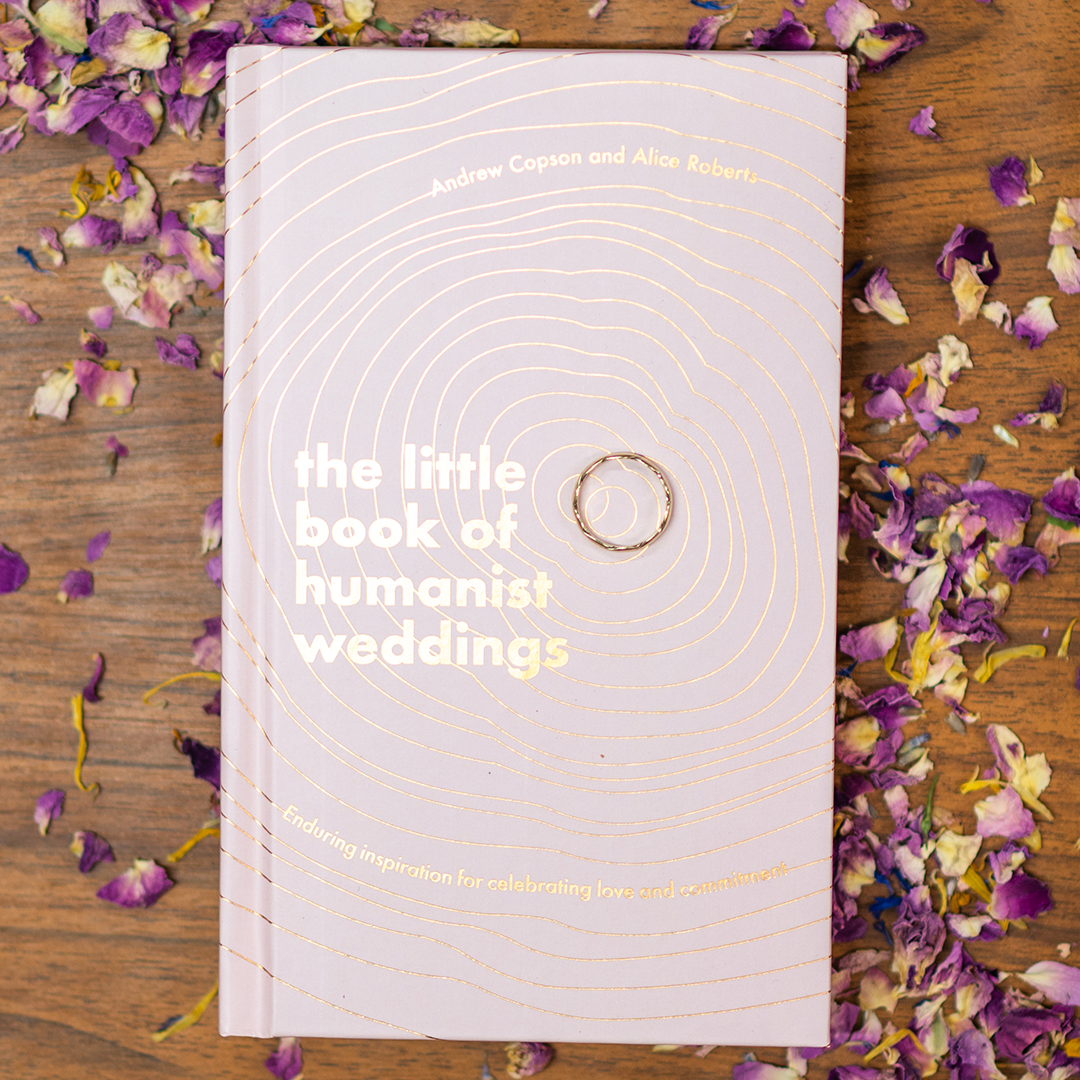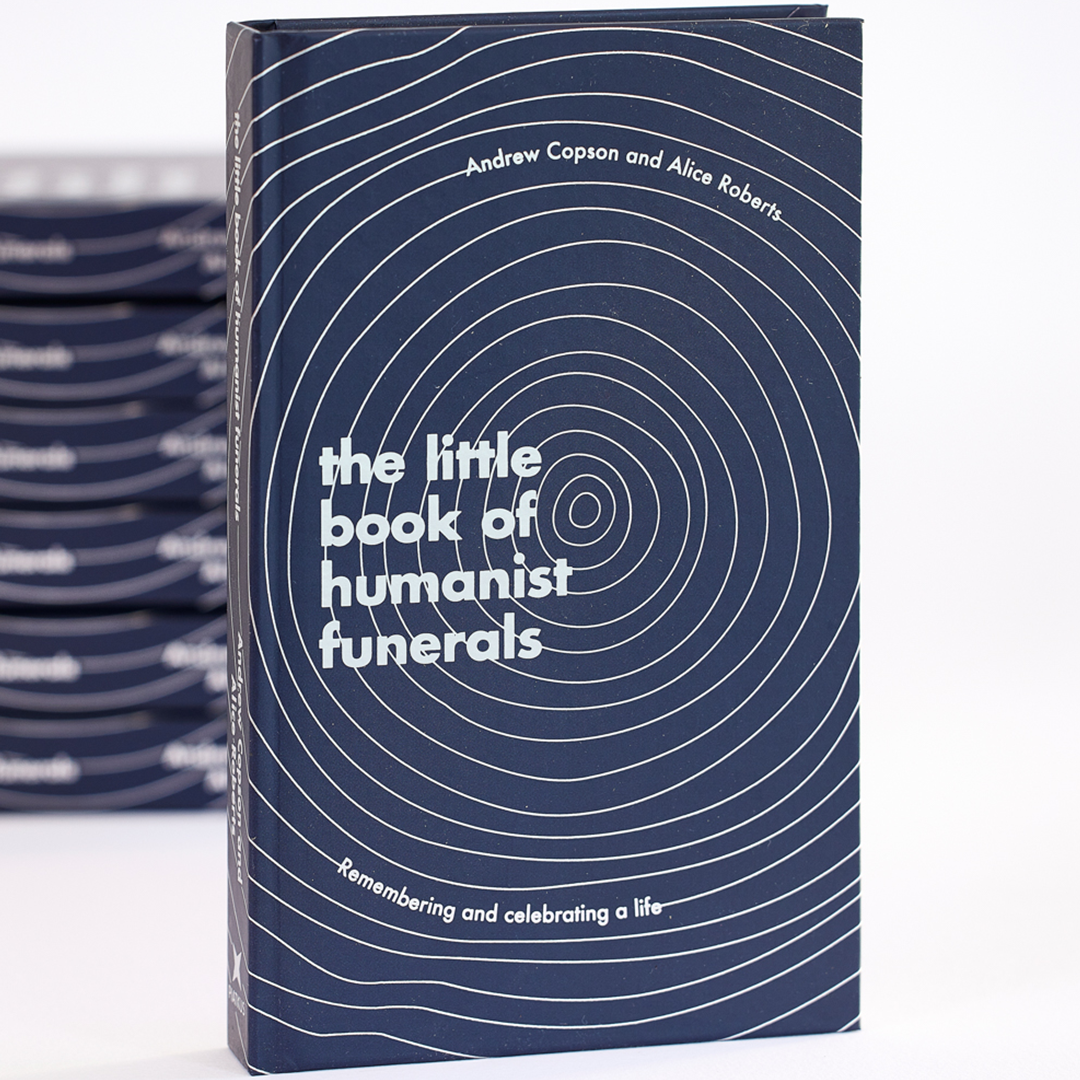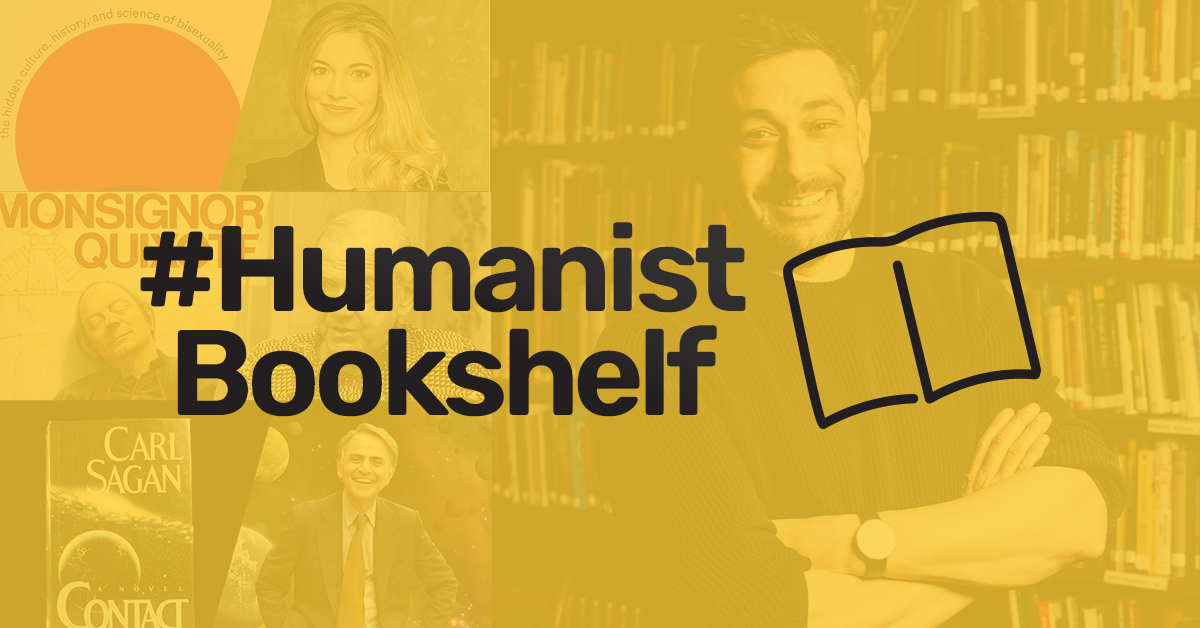
As part of our exciting new #HumanistsBookshelf social media campaign, our President Adam Rutherford here delves into three of his favourite humanist books. The aim of #HumanistBookshelf is simple: to celebrate the great humanist thinkers who have helped to define humanism! And, by spotlighting humanist voices, we want to help people gain a clearer picture of what it means to be a humanist.
Bi, by Julia Shaw
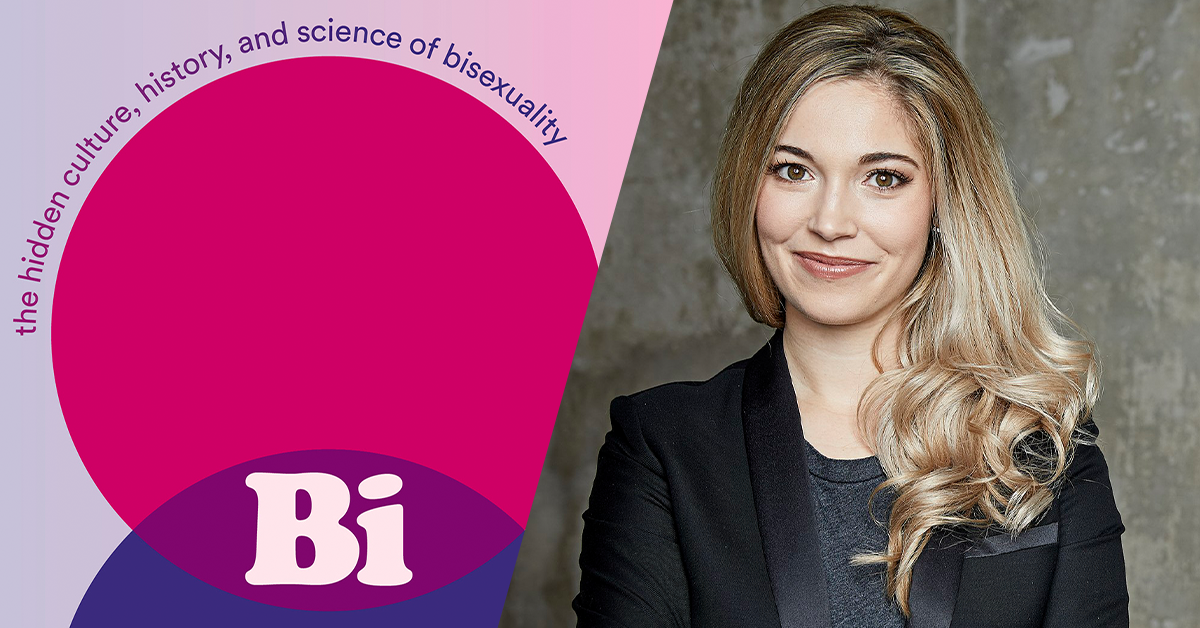
For 40 years, LGBT Humanists have championed and fought for the rights of people of all sexual orientations and identities, including ongoing campaigns to outlaw the horrific practice of ‘conversion therapies’. Julia Shaw’s glorious book Bi is a scientific, historical, personal and utterly essential exploration of the ongoing invisibility of bisexual people in our culture, for we are legion.
Monsignor Quixote, Graham Greene

A slightly deranged Catholic priest and his friend a communist Mayor trundle through post-Franco Spain in a Seat 600 (called Rocinante), chewing the fat, going on mini-adventures, and consuming a lot of Manchego and Rioja. They gently challenge each other’s faith, science and politics, and everyone is richer for this dialogue. One day, I will re-enact this warm elegiac pilgrimage.
Contact, by Carl Sagan
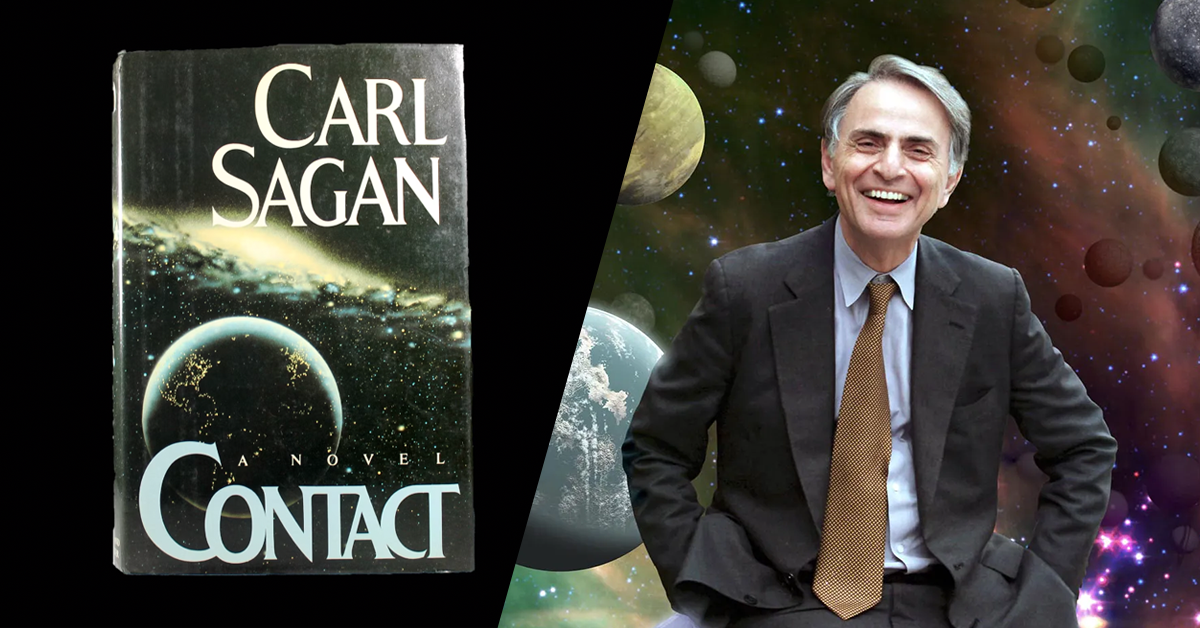
My unsolicited advice to scientists tempted to express their ideas in the form of a novel is simple: don’t. Leave it to the experts. Contact by Carl Sagan is a rare exception. ‘You’re an interesting species’ concludes the alien addressing humanity’s scientist ambassador, ‘an interesting mix. You’re capable of such beautiful dreams and such horrible nightmares. You feel so lost, so cut off, so alone, only you’re not. See, in all our searching, the only thing we found that makes the emptiness bearable, each other.’
Why not start your own humanist bookshelf?
Our Little Book series is the perfect introduction to the humanist approach to life, and looks good on any bookshelf!
Notes
Humanists UK is the national charity working on behalf of non-religious people. Powered by 110,000 members and supporters, we advance free thinking and promote humanism to create a tolerant society where rational thinking and kindness prevail. We provide ceremonies, pastoral care, education, and support services benefiting over a million people every year and our campaigns advance humanist thinking on ethical issues, human rights, and equal treatment for all.

